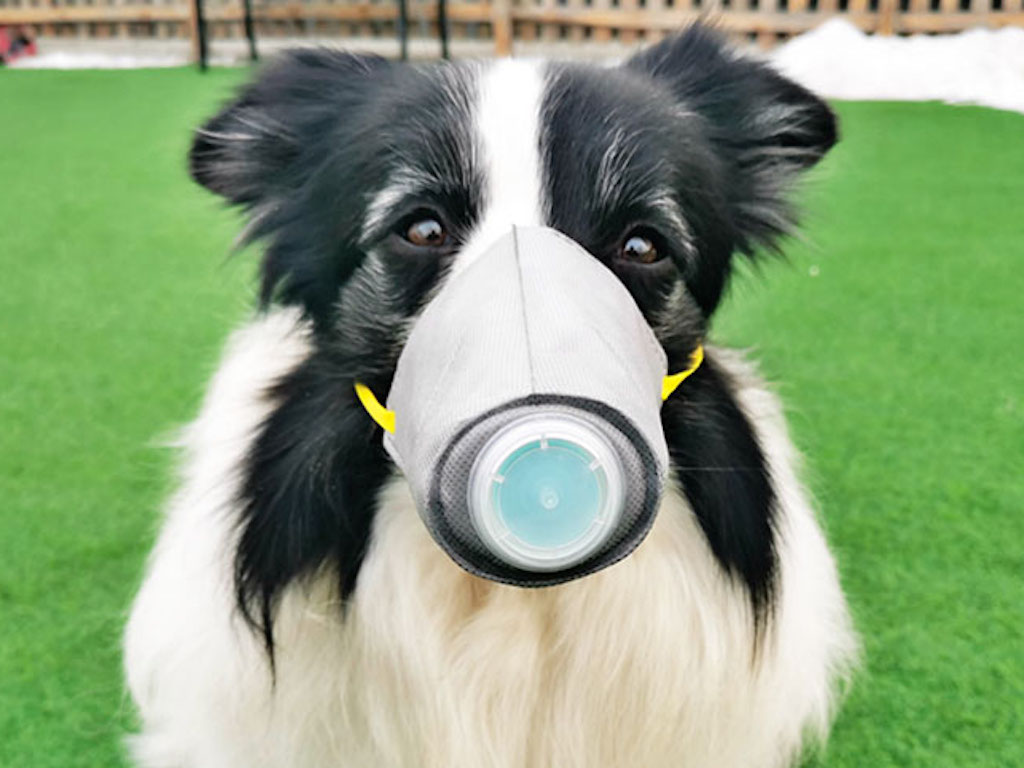4 Mins Read
After infectious disease expert Dr Li Lanjuan said on Chinese state television that pets should be quarantined if they have been in contact with suspected patients infected with the novel coronavirus, Chinese social media has been awash with untrue claims about disposing pets in order to prevent infection. While the World Health Organisation (WHO) has attempted to quash the false claims that animals can transmit the novel coronavirus, Chinese citizens in multiple cities have already begun to dispose of dogs and cats, and cull other other house pets. This has been widely criticised by animal welfare organisations in China, and sheds light on the cruel deadly consequences of misinformation.
As China continues to battle the outbreak of the novel coronavirus originating from Wuhan, temporarily named 2019-nCoV, false claims about the nature and spread of the virus has been circulating online, including one about the ability of pets to contract and infect others. As of press time, there are over 24,505 confirmed cases around the world, and the death toll has climbed to 490 in mainland China, with two additional cases from Hong Kong and the Philippines, taking the total tally to 492.
According to some media reports, citizens in Shaanxi province have been asked to “consider the overall situation” regarding their pets to prevent them from carrying and spreading the novel coronavirus. The myth appears to have originated from a statement from Dr. Li Lanjuan, who said on Chinese state television that “pets [who] come into contact with suspected patients…should be quarantined.” Several local media outlets then picked up the story and took the statement out of context, saying that “cats and dogs can spread the coronavirus.”
Read more about prevention measures, immune-boosting tips & face masks in our coverage of 2019-nCoV here.

Stories of the fabricated quote soon went viral on Chinese social media, even leading to some village officials in certain provinces putting out notices to urge citizens to dispose of their pets. Despite the attempts of the state network CGTN to put an end to the false claim, citing the WHO’s recommendations that there is no evidence that pets can contract the coronavirus, a large number of citizens have taken to kill, abandon and even throw their companion animals out of heir residential towers.
According to China policy specialist Dr Peter J. Li from Humane Society International, a number of memos have been issued by local authorities either banning or providing ill-advice regarding pets and other companion animals. In Wuhan, the epicentre of the 2019-nCoV outbreak, one neighbourhood has banned residents from walking their dogs outside of homes. In Hebei and Shaanxi, pet-owners have been told to dispose of their cats and dogs to prevent the spread of the coronavirus, and similar notices have appeared in Beijing, Tianjin, Shandong and Shanghai, said the organisation.
Commenting on these unfortunate developments, Li said: “This is not the right approach…to deal with the national crisis that can be traced to China’s out-of-control wildlife trade. Companion animals…do not have anything to do with the Wuhan epidemic.”

This news sheds light on the deadly and cruel consequences of misinformation surrounding the current novel coronavirus outbreak. Not only are thousands of pets and companion animals being murdered, myths about prevention and the spread of the 2019-nCoV can pose public health risks amongst humans as some may falsely believe that certain methods are effective when they have not been scientifically backed.
Read: Myth-busting false prevention claims about the Wuhan coronavirus
It also takes the spotlight away from the more likely source of the novel coronavirus–the trade in live wild animals. Although a number of initial cases appear to be unlinked, many of the first dozens of cases in Wuhan were all traced back to a seafood market that sold a number of live wild animals.
While China has enacted a temporary on raising, transporting and selling all wild animal species, the new law will only last until the epidemic is declared over. Scientists and conservationists have criticised the lax approach, saying that the ban not only needs to be permanent, but should be extended outside of China and throughout the world.
Lead image courtesy of Zhou Tianxiao.




